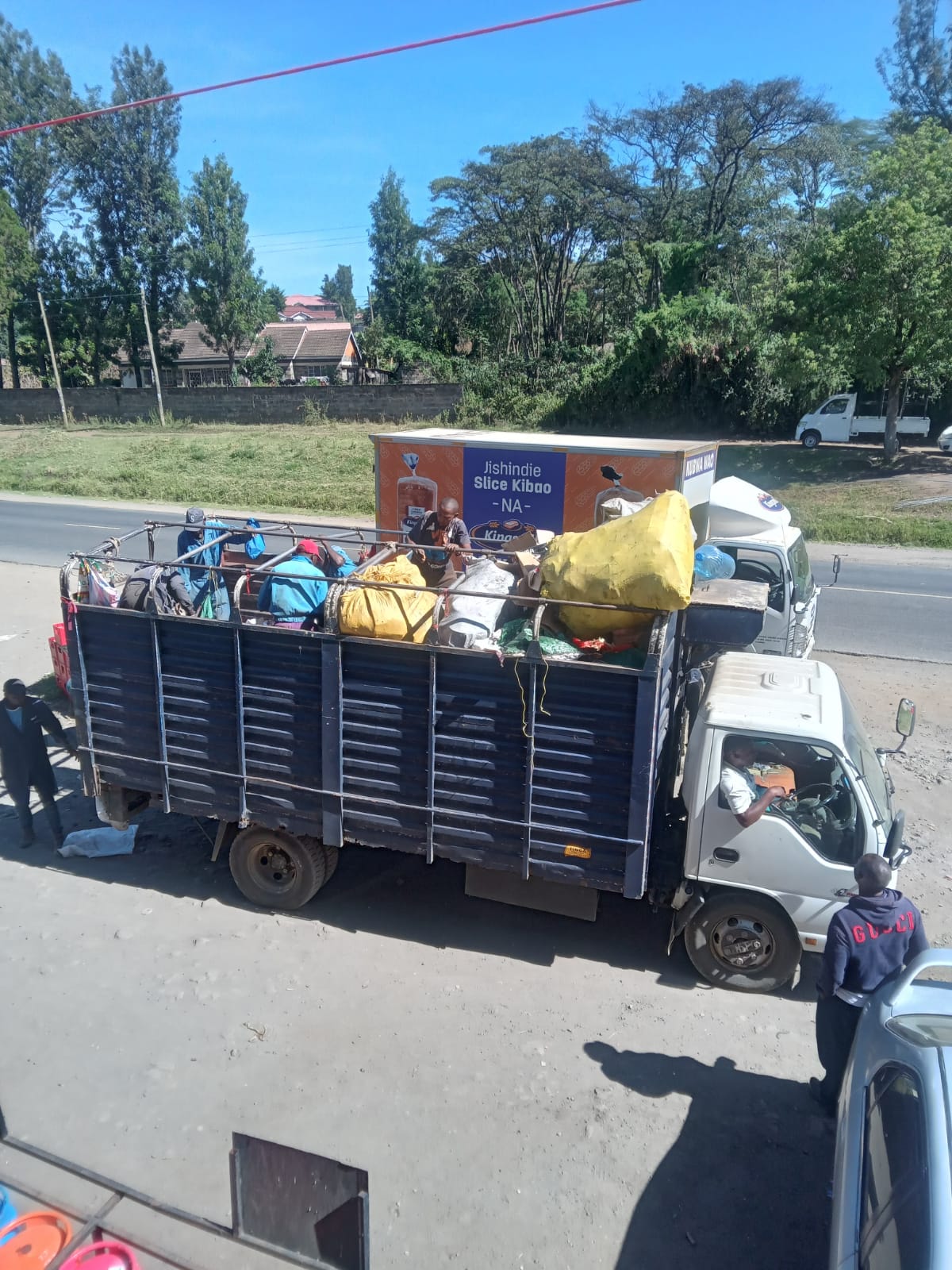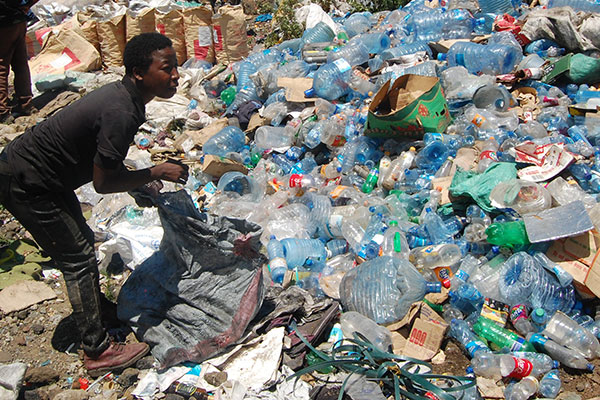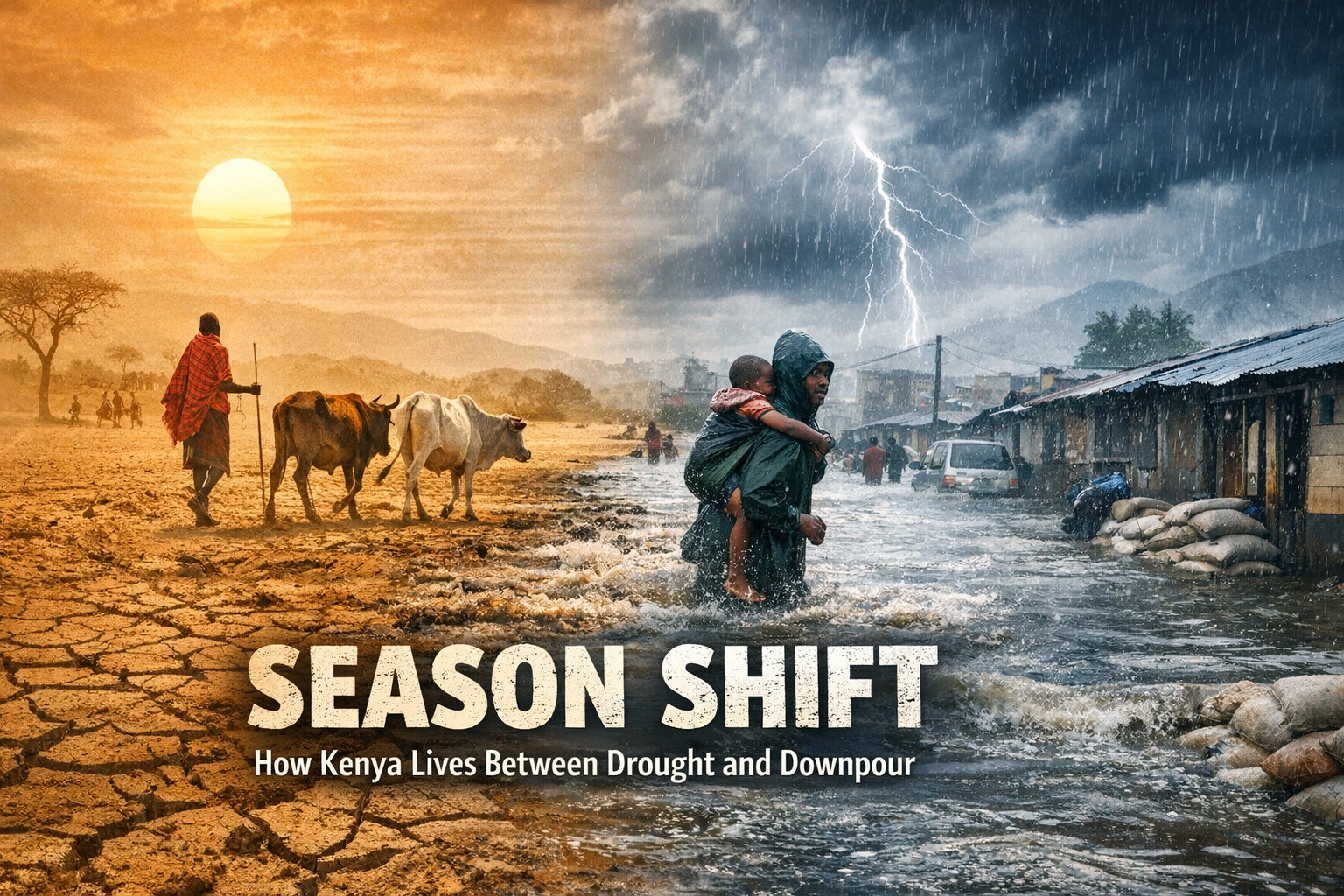- The Gioto dump site in London Estate, Rongai Constituency, which has existed since 1972, receives about 250 tonnes of waste daily.
As the world celebrates World Diversity Day on May 22nd each year, efforts to conserve the environment are crucial to protecting, respecting, and repairing the Earth's biological wealth. One such practice is the recycling of waste products, including plastics.
This year, the International Day for Biodiversity theme is a call to action to support the implementation of the Kunming-Montreal Global Biodiversity Framework (the Biodiversity Plan), an ambitious plan to halt and reverse biodiversity loss.
Much of the Earth's biodiversity is threatened by human activities, such as the dumping of plastics. Recycling of plastics helps the environment by reducing carbon emissions, which contribute to climate change.
In the Nakuru Gioto dump site, efforts are made to reduce plastic accumulation through recycling by waste collectors. They sort out plastic materials for sale and reuse, which benefits them financially and ensures that no plastic lies around on the ground for long.
The waste collection around Nakuru County reduces plastic waste in residential areas, business districts, and roads.
Read More

The Gioto dump site in London Estate, Rongai Constituency, which has existed since 1972, receives about 250 tonnes of waste daily.
According to Economic Commission for Africa Environmental Expert Calvin Atuwamba, recycling reduces the need to manufacture new products and saves on landfill space, as plastic bottles take an average of 500 years to decompose.







